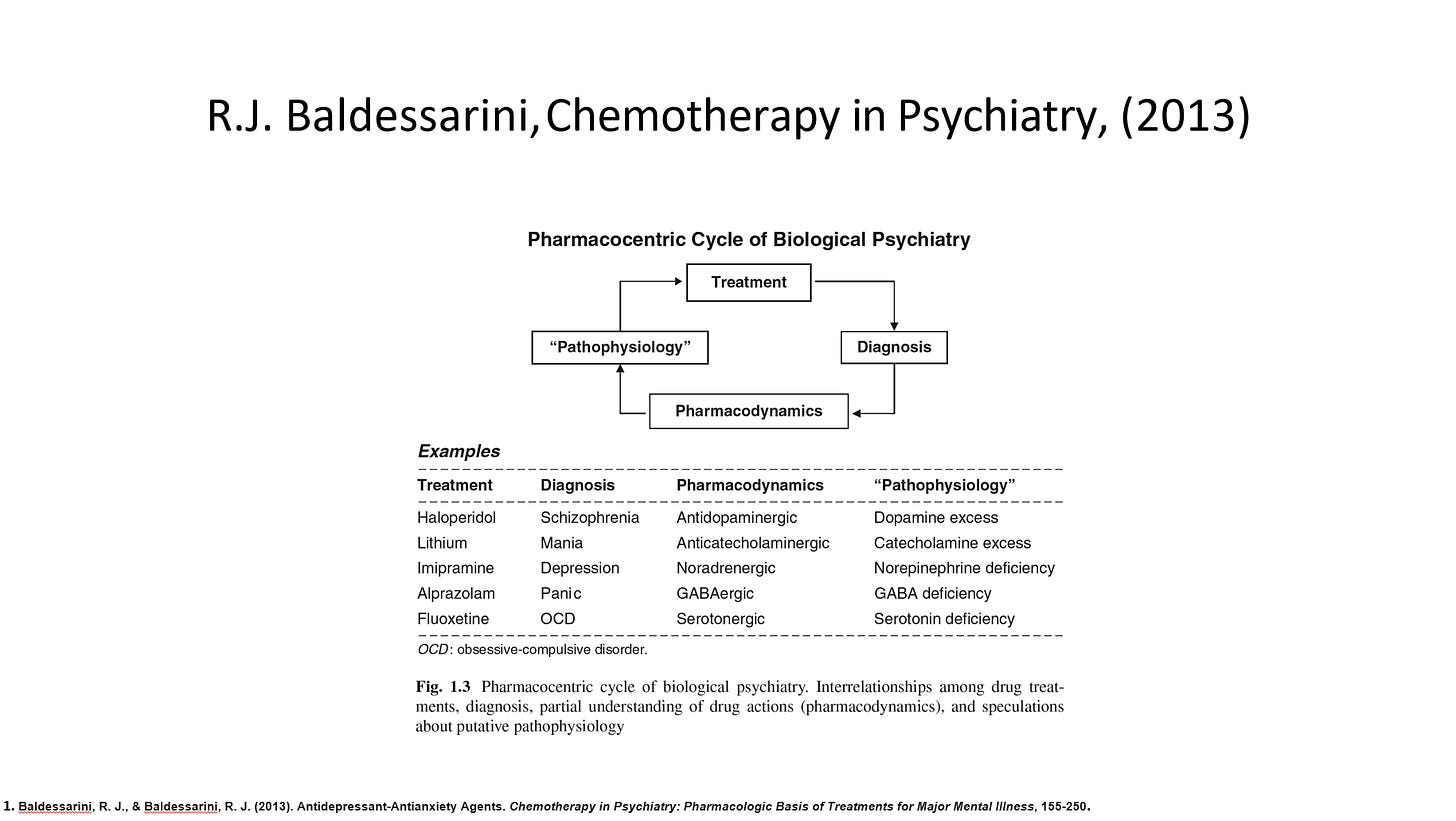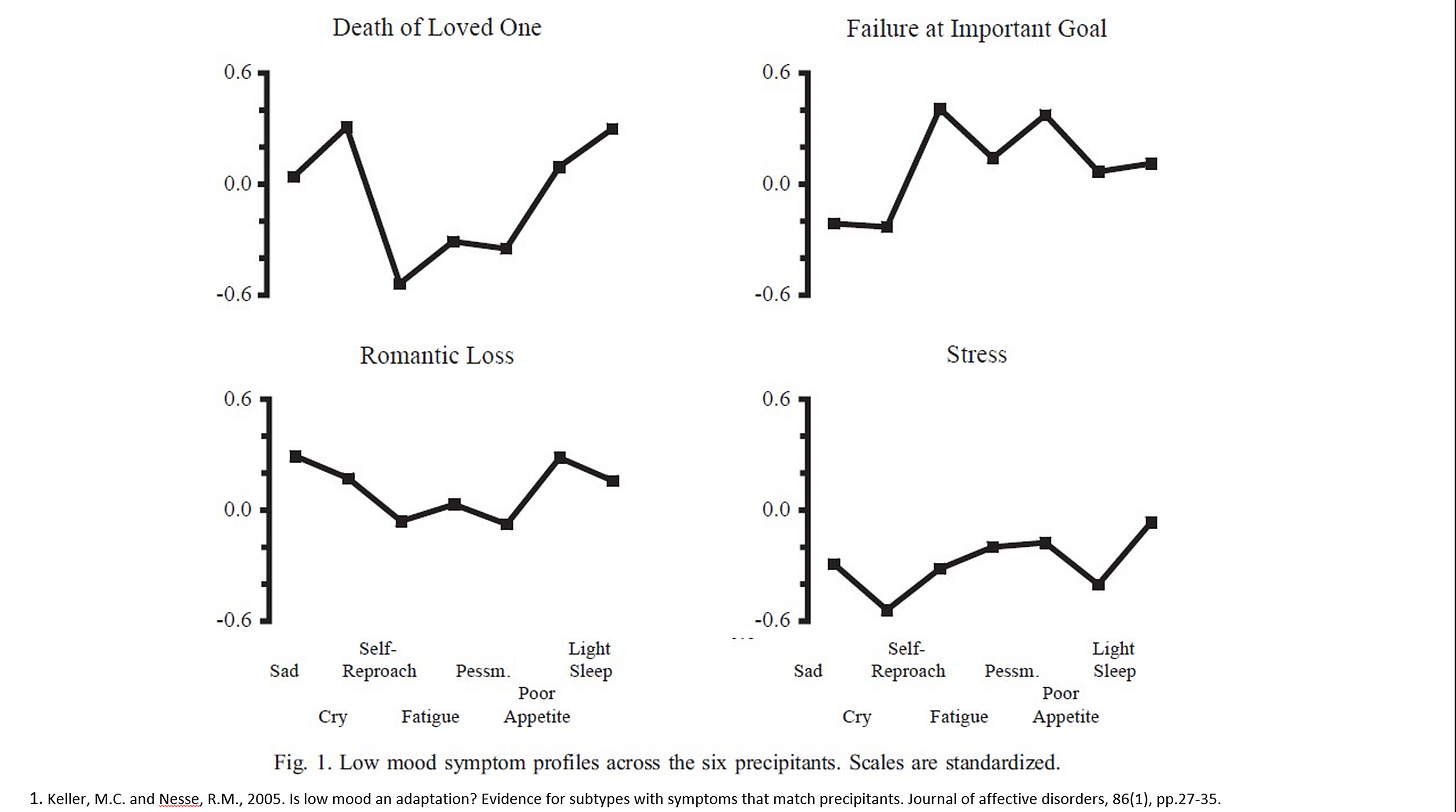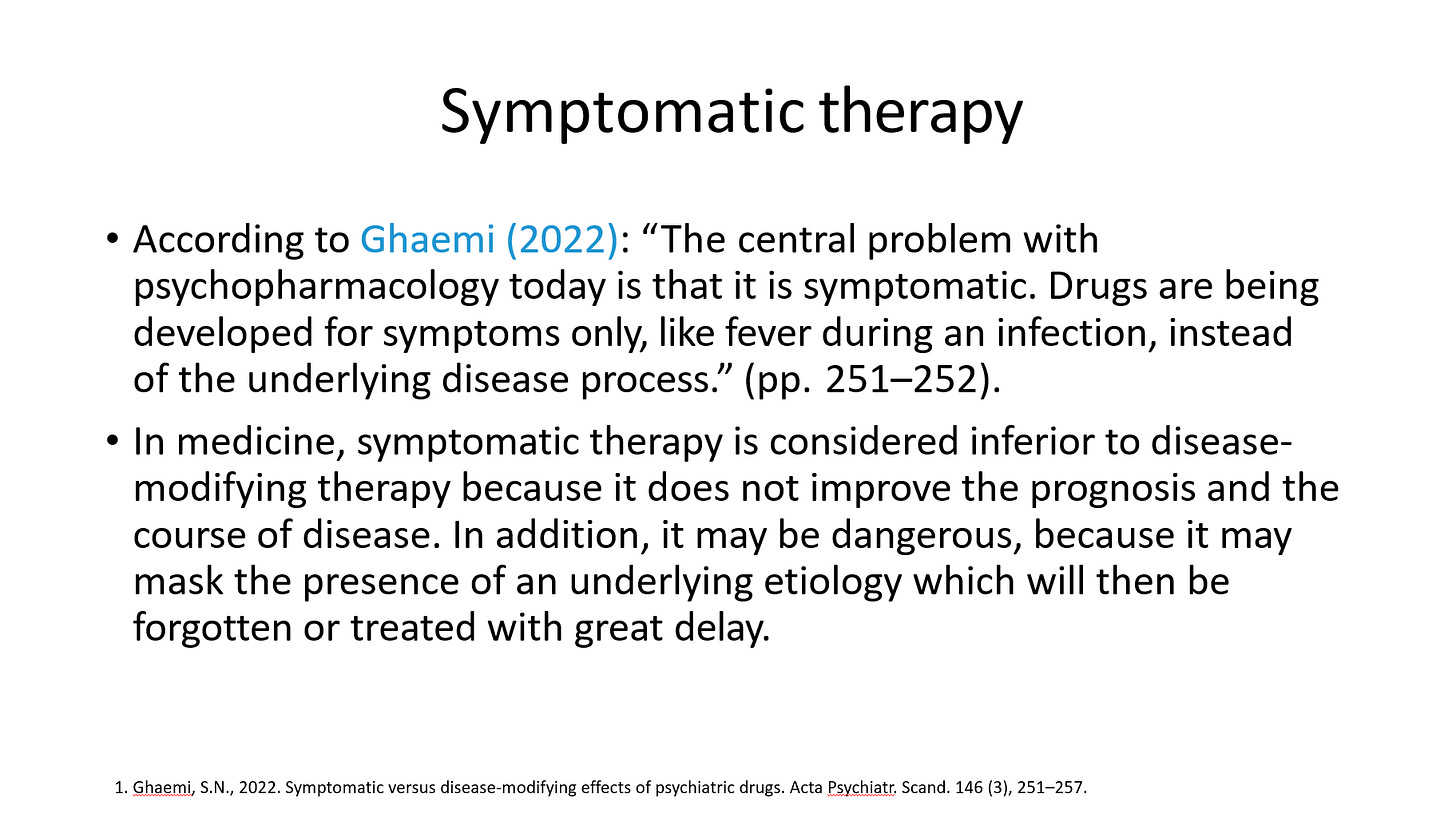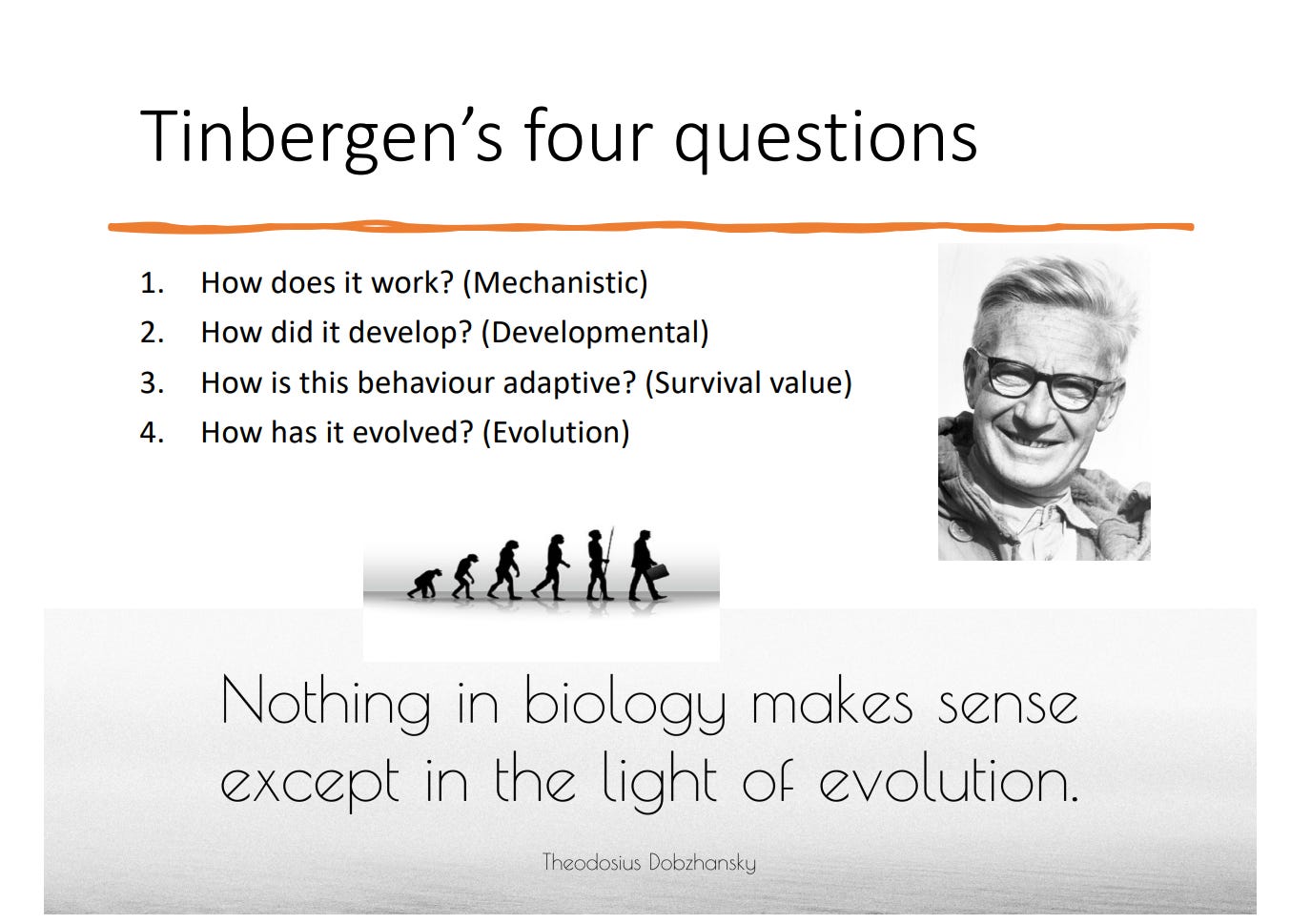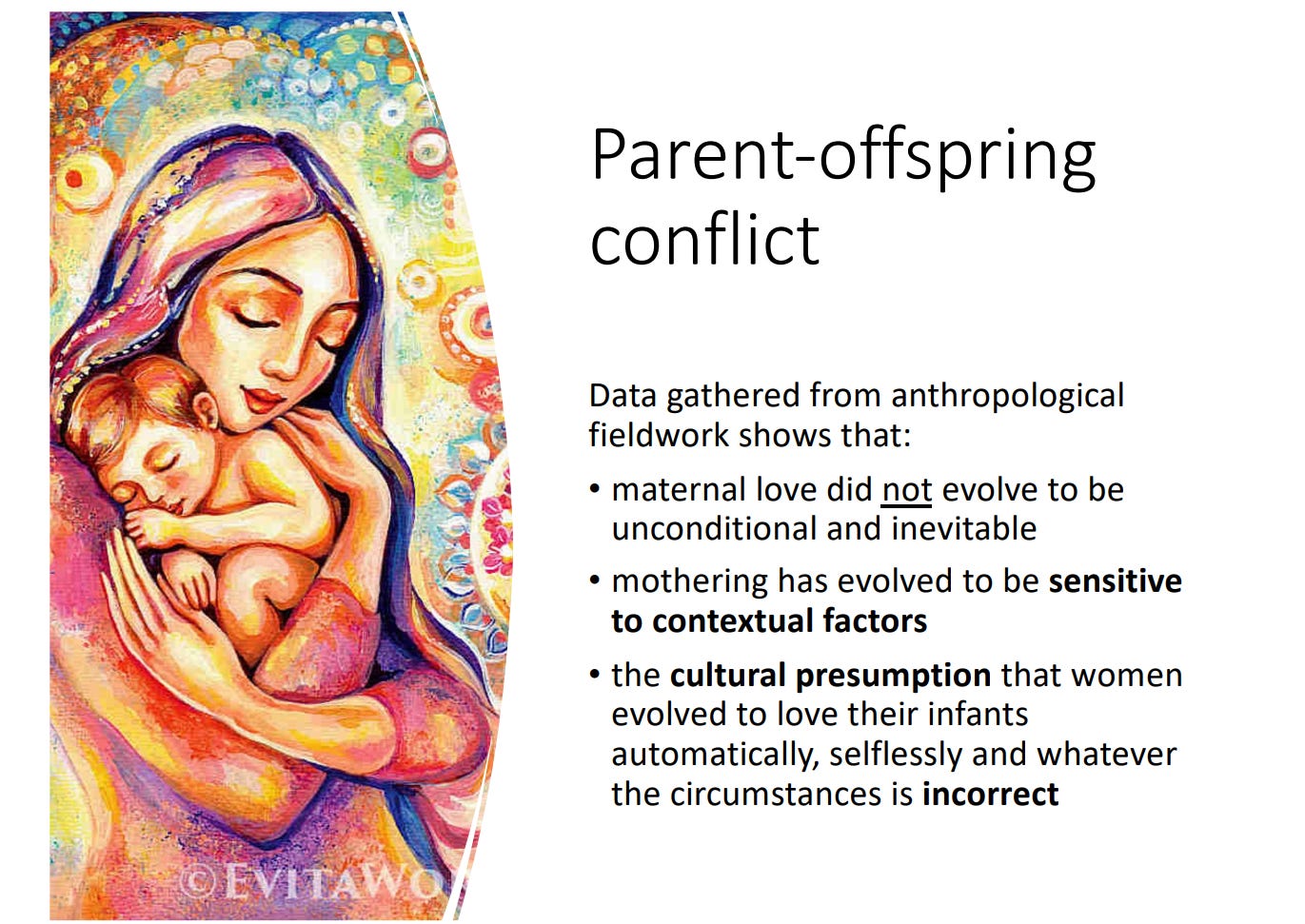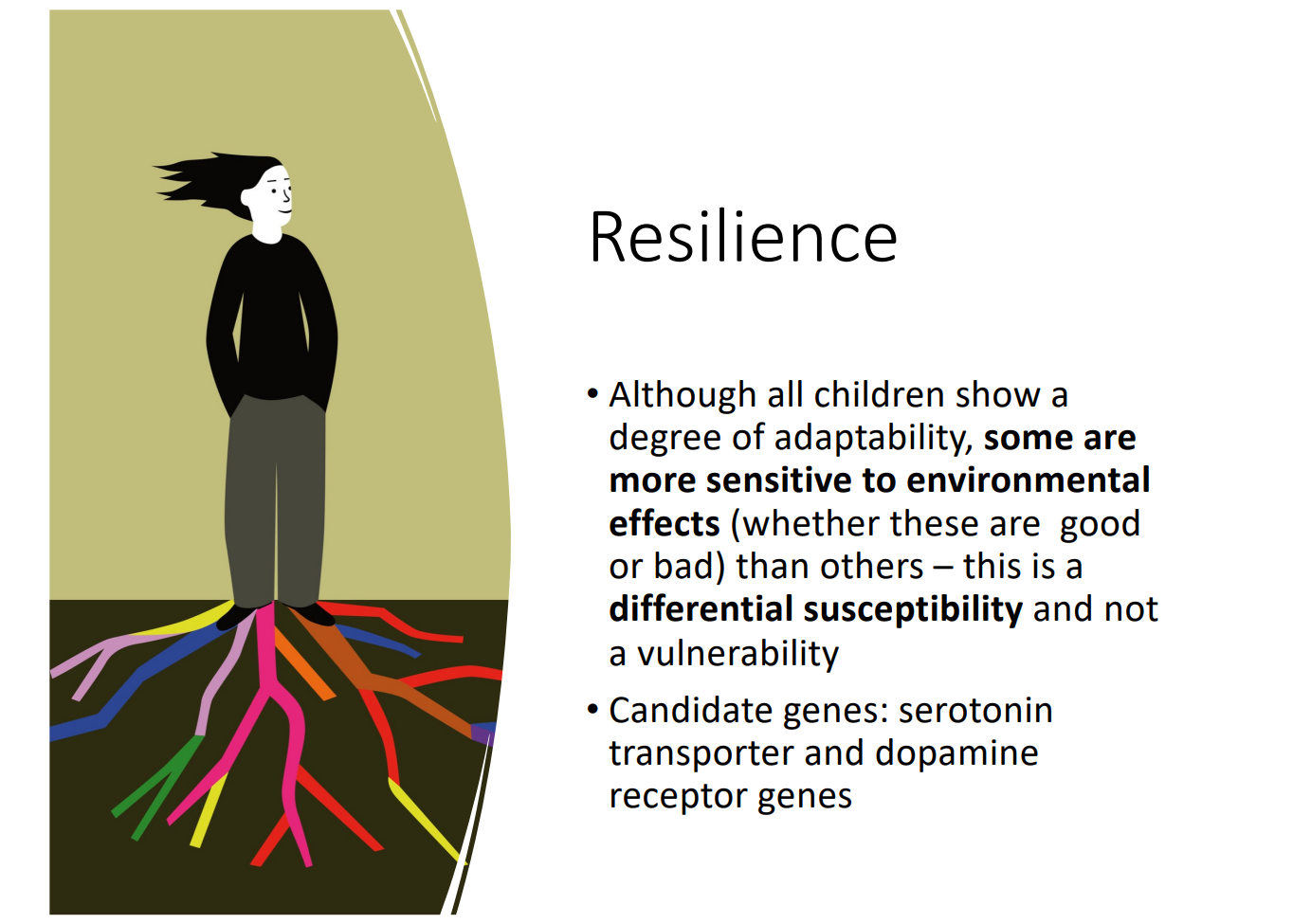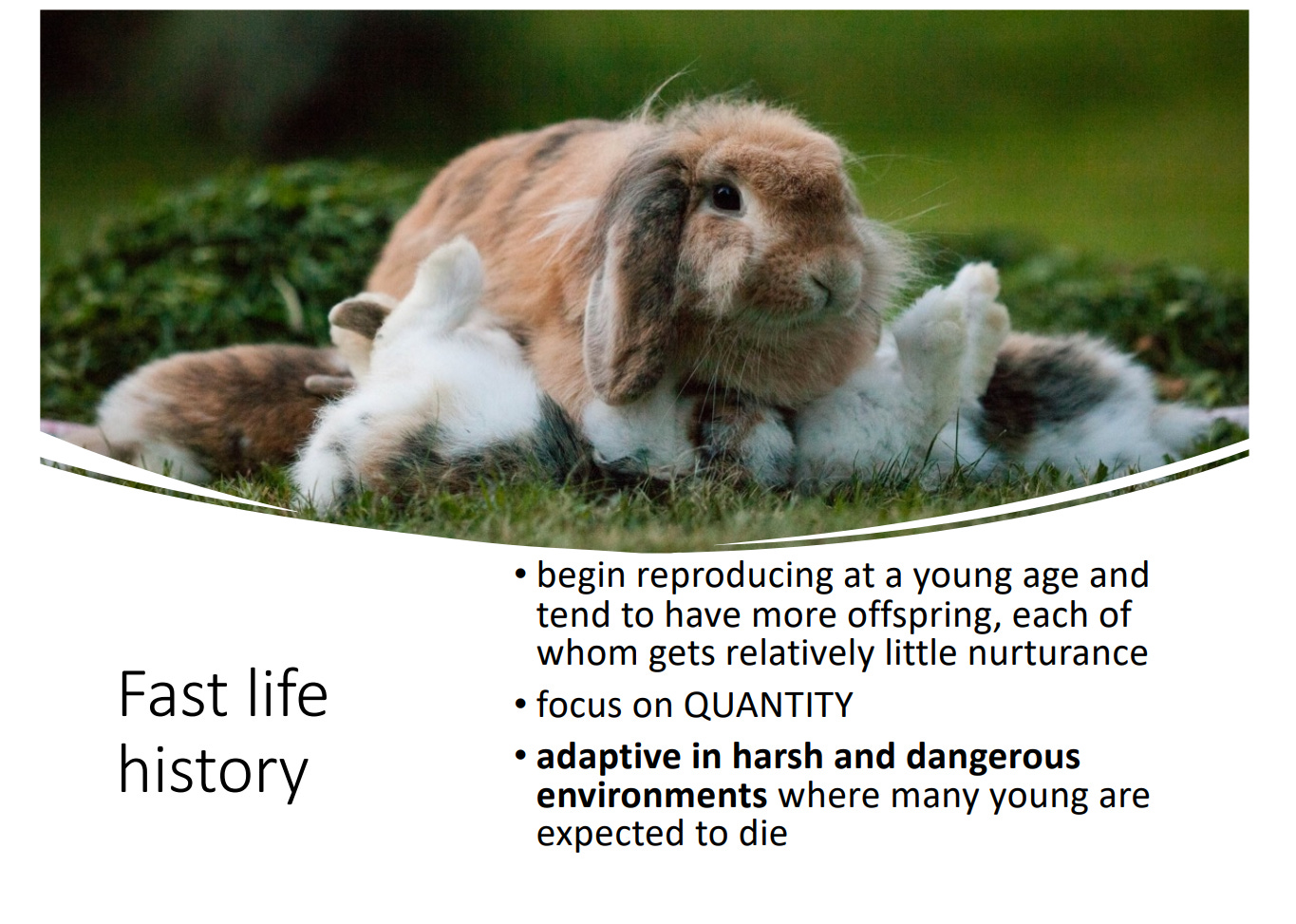4th Oct 2024 - 3 Irish triumphs for Evolutionary Psychiatry
Written by Dr Gurjot Brar and edited by Prof. Henry O'Connell
1) An Editorial in the Irish Journal of Psychological Medicine
This latest paper from luminaries in the field sets out to describe evolution as the bridge between biological and social psychiatry.
In it the authors (including me) argue that although psychiatry integrates diverse approaches, from neuroscience-driven medication to psychosocial therapies, it continues to lack a unified framework. An evolutionary perspective can bridge this gap by applying concepts like natural selection and evolutionary mismatch to psychiatric understanding.
Natural selection explains that traits evolved because they conferred survival advantages in specific environments, influencing our genes and behaviors. Recent findings in epigenetics show gene expression is deeply intertwined with environmental factors, making the nature versus nurture debate obsolete. This perspective supports the idea that psychiatric symptoms (but not necessarily mental disorders themselves) often reflect adaptations to ancestral environments that may not fit modern life.
Evolutionary mismatch highlights how rapid societal changes, such as urbanization, contrast with our slow evolutionary development, potentially leading to disorders. For instance, problems with ADHD may arise from a mismatch between our evolved need for physical activity and the sedentary nature of modern classrooms. Similarly, our capacity to metabolize alcohol has not adapted to the availability of strong spirits, contributing to addiction issues.
An evolutionary approach encourages a broader understanding of psychiatric conditions, seeing them as dysfunctions of behavioral systems rather than just neural circuit issues. It suggests shifting from symptom-based diagnoses to assessing functional capacities and social contexts.
The proposed "evobiopsychosocial" model extends beyond the traditional biopsychosocial framework by integrating evolutionary insights. This approach offers destigmatizing explanatory models and aims to improve psychiatric treatment by considering the interplay of biological, social, and evolutionary factors.
Finally two practical tools are recommended that illustrate applying evolutionary principles to psychiatry:
Nesse’s SOCIAL system
A truly biopsychosocial view of an individual and their health which can be performed by exploring the individual’s background in terms of Social situation, Occupational status, Children and family, Income, Abilities and Love. This method of social system review follows a medical model, summarising closely related categories of human resources that impact functioning informed by behavioural ecology (Nesse, 2023).
Troisi’s GOAL system
Another useful approach to assessment in psychiatry that is informed by an evolutionary perspective and ethology principles:
Give less weight to symptoms; Observe actual behaviour; Assess functional capacities; Leave your office (to observe patients’ behaviour in their natural environment). This approach suggests replacing symptoms with functional capacities for diagnosis and as primary targets for management. (Troisi, 2022)
This brings us nicely into the next section where on the very same day Alfonso was giving a talk in Ireland regarding evolutionary perspective on drug development in psychopharmacology and the emphasis on functional capacities:
2) Alfonso Troisi’s Talk in Ireland
Alfonso was generous enough to share his excellent slides with us which are based on his recent paper titled Drug Development in Psychopharmacology: Insights from Evolutionary Psychiatry - we highly recommend checking it out (Troisi, 2024).
Alfonso’s slides were so clear and thought provoking that I’ve decided to just let them do most of the talking:
Therapy should primarily aim at improving the patient’s functional capacities.
Canceling symptoms is not enough. - Troisi, 2024
Successful therapy restores the normal functioning of evolved behavioral systems - Troisi, 2024
3) Annie Swanepoel’s Talk at University College Dublin, Ireland
Elsewhere in Ireland, the third triumph of the day was occurring with Annie Swanepoel delivering a talk to UCD to over 115 attendants!
You can check this talk out right now in its entirety on UCD’s Youtube Page:
“Just a quick note to say, sorry I missed you afterwards. That was a really excellent presentation. Very enjoyable and stimulating. It is a new area for me and one I would love to explore. I loved your idea of thinking of our patients as orchids....I'm definitely going to take that idea with me.”
“Thank you again for taking the time to share your expertise and insights with our group.”
All the very best,
-An Associate Professor in Child and Adolescent Psychiatry at UCD School of Medicine
Annie’s clear and concise slides do such an excellent job at presenting her reasons for evolutionary science being important for child and adolescent psychiatrists, so similarly to Alfonso’s talk, I will let them do much of the talking:
If you enjoyed this article and would like to discover more about Evolutionary Psychiatry please consider:
subscribing to our Substack to receive regular content updates
visiting the webpage of the Evolution and Psychiatry Special Interest Group within the College of Psychiatrists of Ireland
visiting the webpage of the Evolutionary Psychiatry Special Interest Group within the Royal College of Psychiatrists
exploring a Youtube playlist on curated presentations by the Evolution and Psychiatry Special Interest Group within the College of Psychiatrists of Ireland
exploring the Youtube page of the Evolutionary Psychiatry Special Interest Group within the Royal College of Psychiatrists
exploring the Evolving Psychiatry podcast








